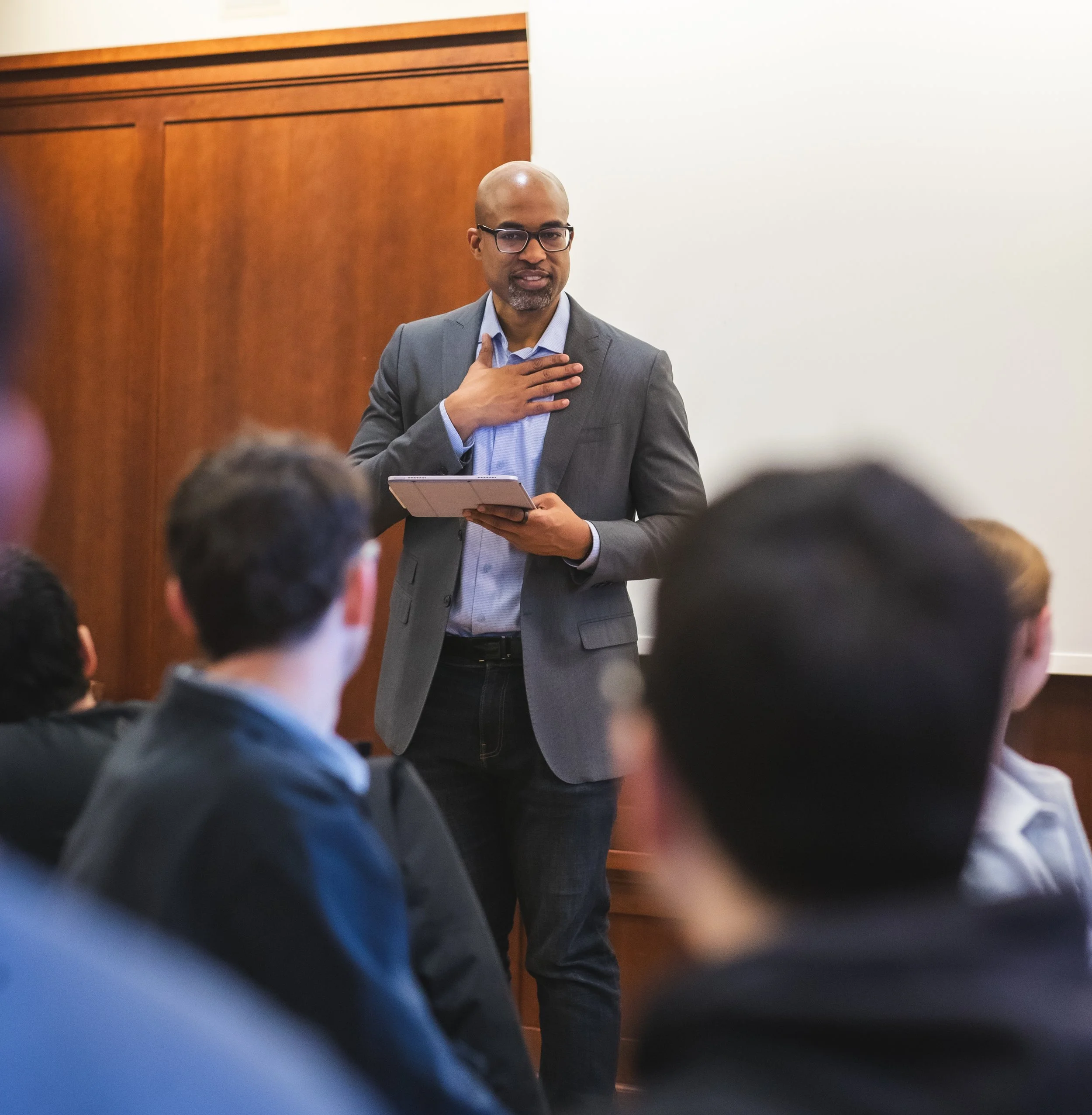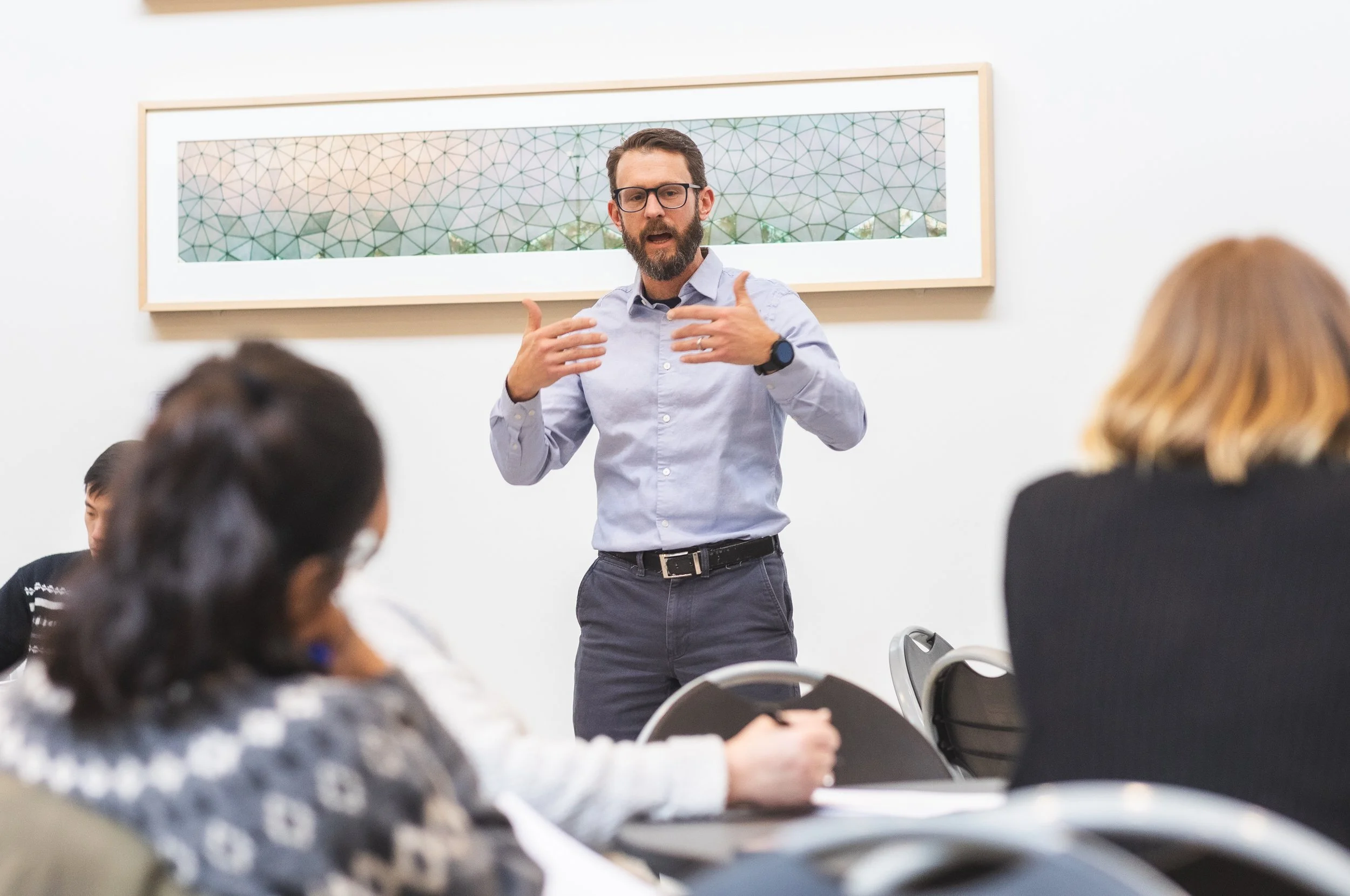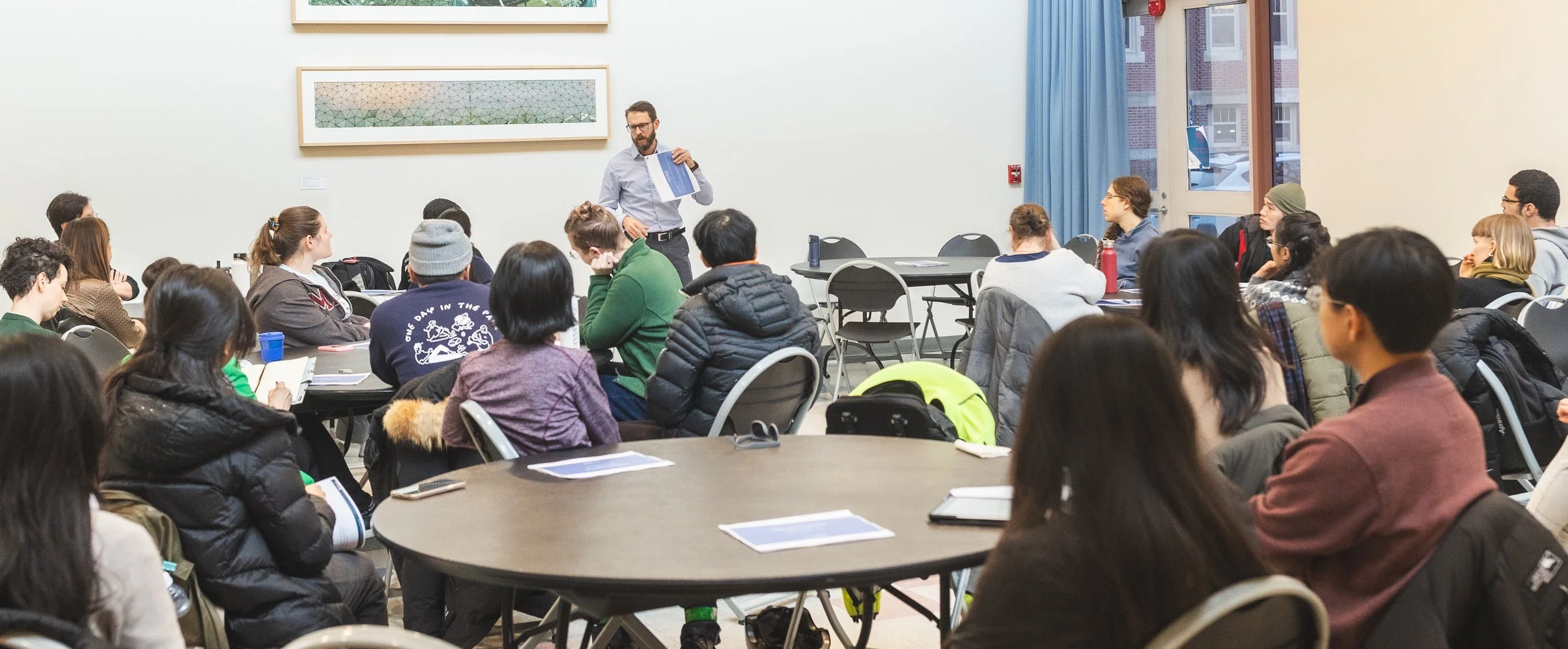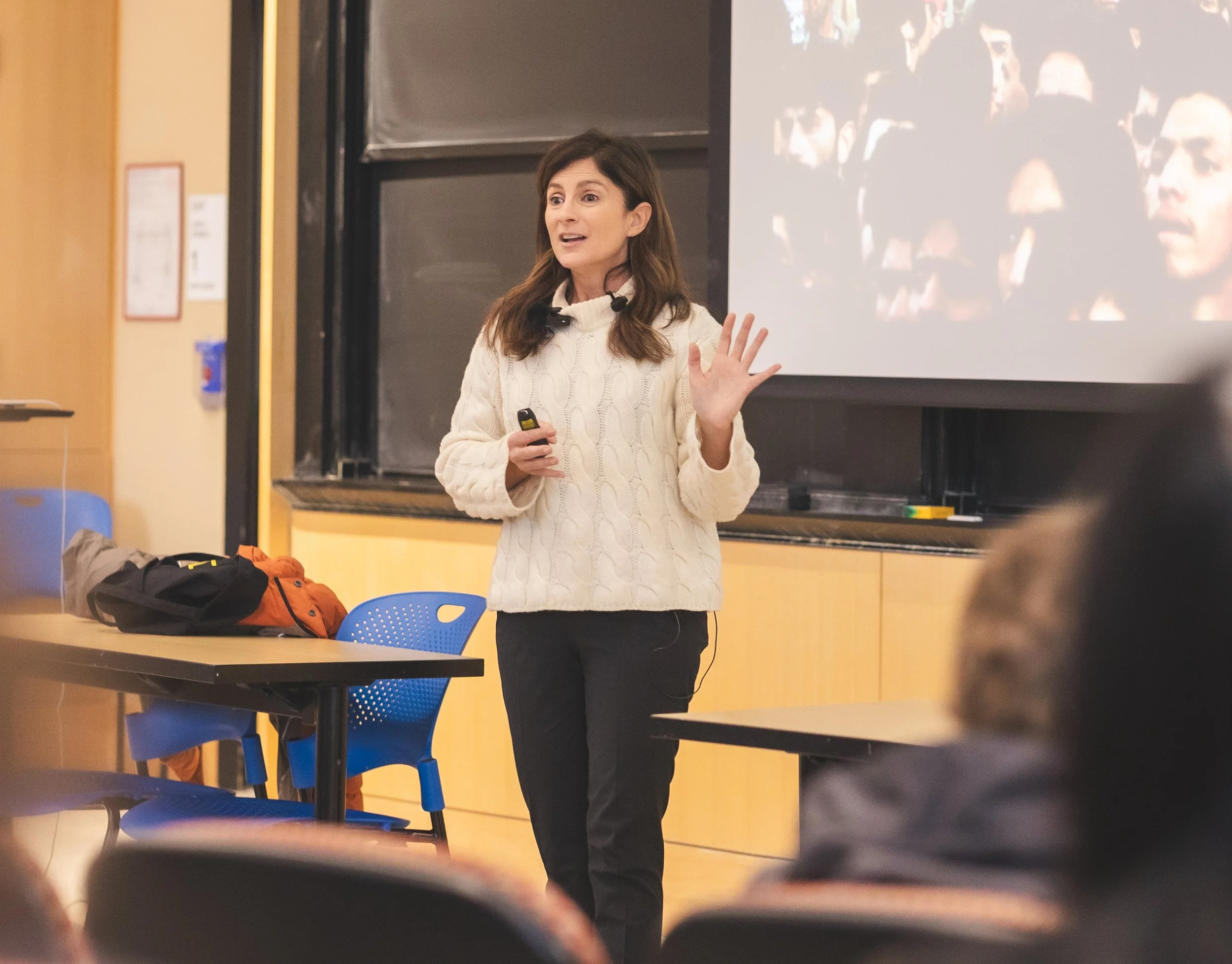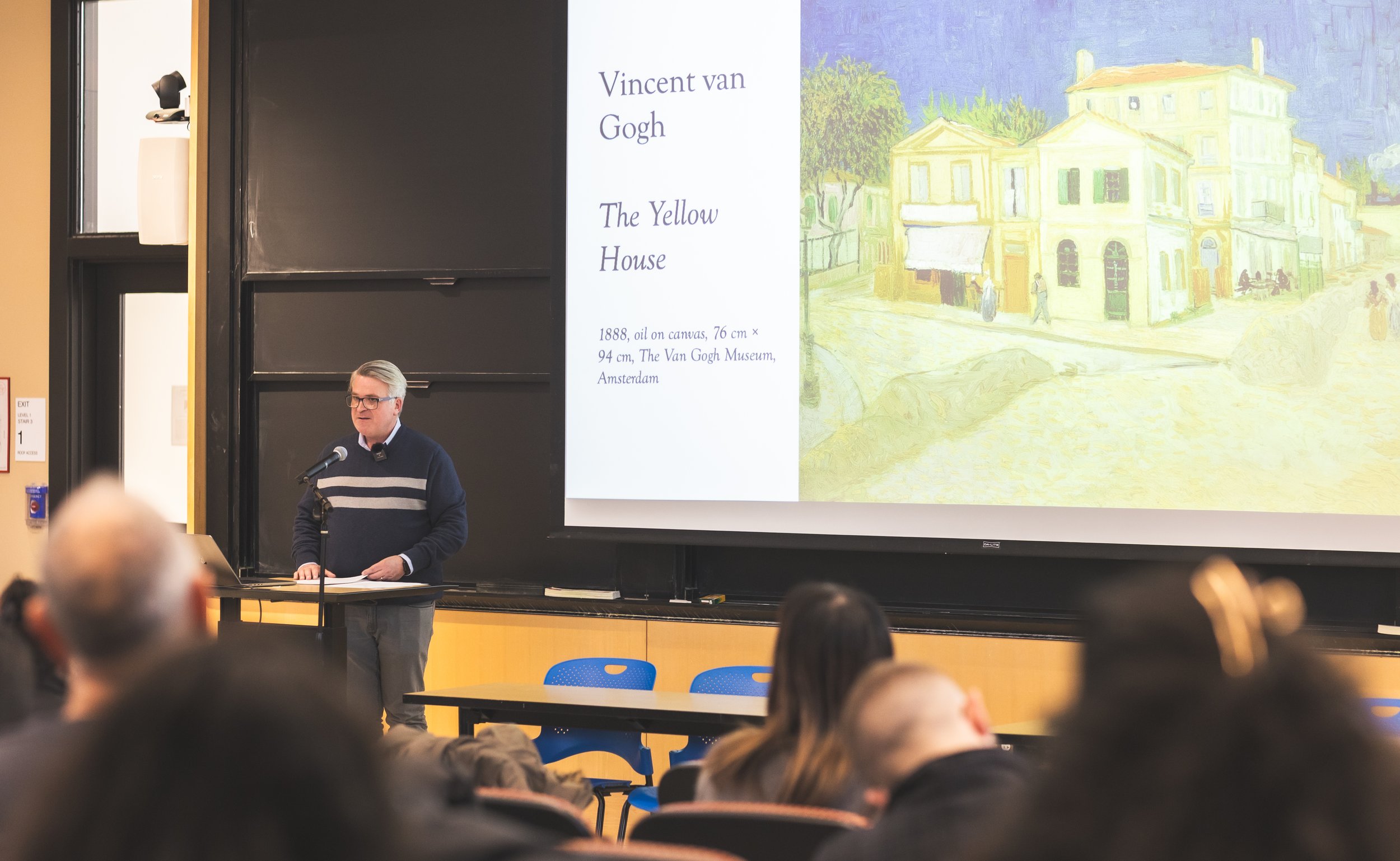
Advancing Wisdom
A Better Future
A common refrain at MIT is that its technology and research goals are aligned around the greater goal to “invent a better future”. The underlying intent is laudable, but it is clear that students and faculty rarely have the time, space, or resources to deeply explore the question — “What is a better future?” What sort of world, in other words, should we be seeking to build, beyond what is technically feasible, or commercially viable?
A Better Future is a multi-year initiative to advance wisdom within the practice of science and engineering by opening space for MIT students, faculty, and staff to step back and ask what kind of future is truly worth building, and what it means to orient research and innovation within questions of ultimate meaning and purpose.
Seeking a better future
For-Credit Course: “What is a Better Future?”
Co-taught by Professors Rosalind Picard and Sherry Turkle, as well as Nathan Barczi of the Octet Collaborative, this course explores multiple philosophical and faith traditions to explore ultimate questions, followed by case studies of how to apply such questions within specific areas of science and engineering.
Offered since Spring 2024. For more information or to register, visit the course website.
Check out the course trailer for A Better Future!
Scholarly Colloquia
Each year, Octet convenes scholars to produce interdisciplinary research into the most pressing human challenges facing innovators and policymakers in technology, informed both by the best in scientific research and wisdom from theology, philosophy, and other humanistic disciplines.
IAP Courses
Each January, Octet hosts IAP activities to equip the MIT community to approach complex questions.
Finding a Place to Work and Putting Work in its Place
IAP 2026 - Fridays, 11am-1pm
What do you actually want to do with your life?
Success is a tricky thing to define. Checking off boxes on a career ladder? Maybe “doing what you love”? Or getting on a 30 under 30 list? And once you’ve defined success, searching for it can leave you disillusioned, anxious, and in crisis — as most MIT students have already found out after a midnight mental breakdown.
This four-session IAP course, taught by Cullen Buie (MechE), will work through how to navigate the big questions of work, meaning, and identity. We’ll start with the big picture by evaluating several frameworks for building a meaningful life. Then, we’ll move to the practical work of designing a roadmap for the kind of success you want.
Each week will include lecture and conversation over a catered lunch. If you’re coming, please sign up so we can have an accurate food headcount! See class page for more information.
Disagreeing Well
IAP 2026 - Wednesdays 11am-1pm
A Dialogue Lab providing training in empathic listening and intellectual hospitality, based on the work of the Ideos Institute.
In these polarized times, what does it mean to disagree well? Students participated in a workshop that equipped them with skills of empathic intelligence and enabled them to pursue meaningful dialogue across difference.
This mini-course builds on a curriculum developed by the Ideos Institute, experts in empathic intelligence and producers of the documentary film “Dialogue Lab: America.”
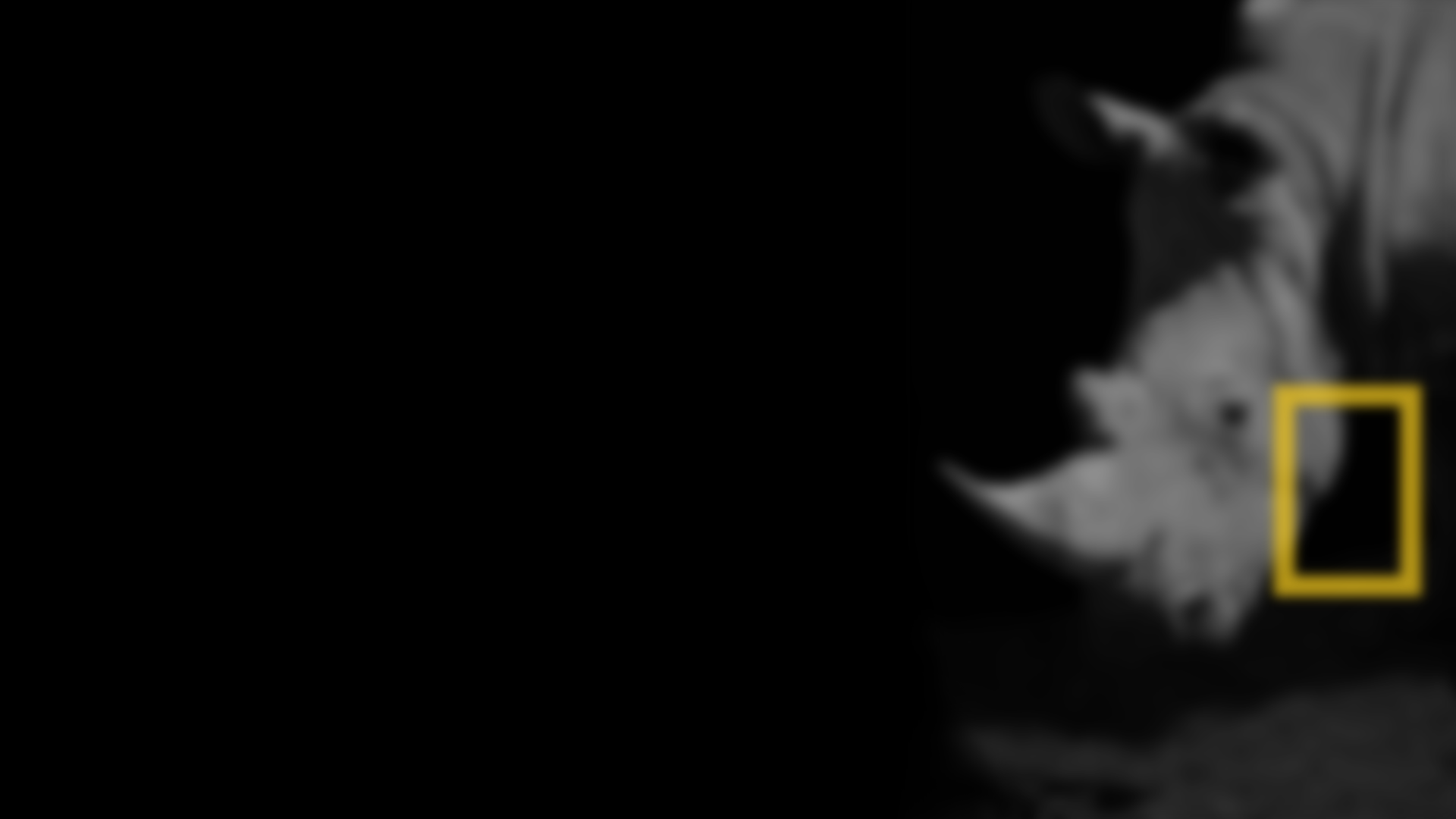
Through the Lens of Empathy: Photographing Hope in a Fractured World
(Awe & Wonder, 2026)
National Geographic photographer, filmmaker, and founder of Vital Impacts, Ami Vitale, views her camera as a tool to help foster empathy and hope across cultures and continents. Join us to hear from Ami’s riveting and wide-ranging experiences from around the world, touching on the deeper connections between humanity and nature, superhero goats (yes, superhero goats!), and more!
Sign up here if you’re coming.

Van Gogh has a Broken Heart: What Art Teaches Us about the Wonder and Struggle of Being Alive
(Awe & Wonder, 2026)
Van Gogh’s outbursts and mental breakdowns are often remembered; his suffering is inseparable from the globally celebrated body of work he left behind. This multi-media lecture outlines the details of the fateful night Van Gogh cut off his ear, and examines what it looks like to steward one another’s pain and suffering. Van Gogh’s life shows us that to really know a person is, at least in part, to know them by their sorrows. Be gentle. This is a hard world.
Sign up here if you’re coming.
Previous Offerings
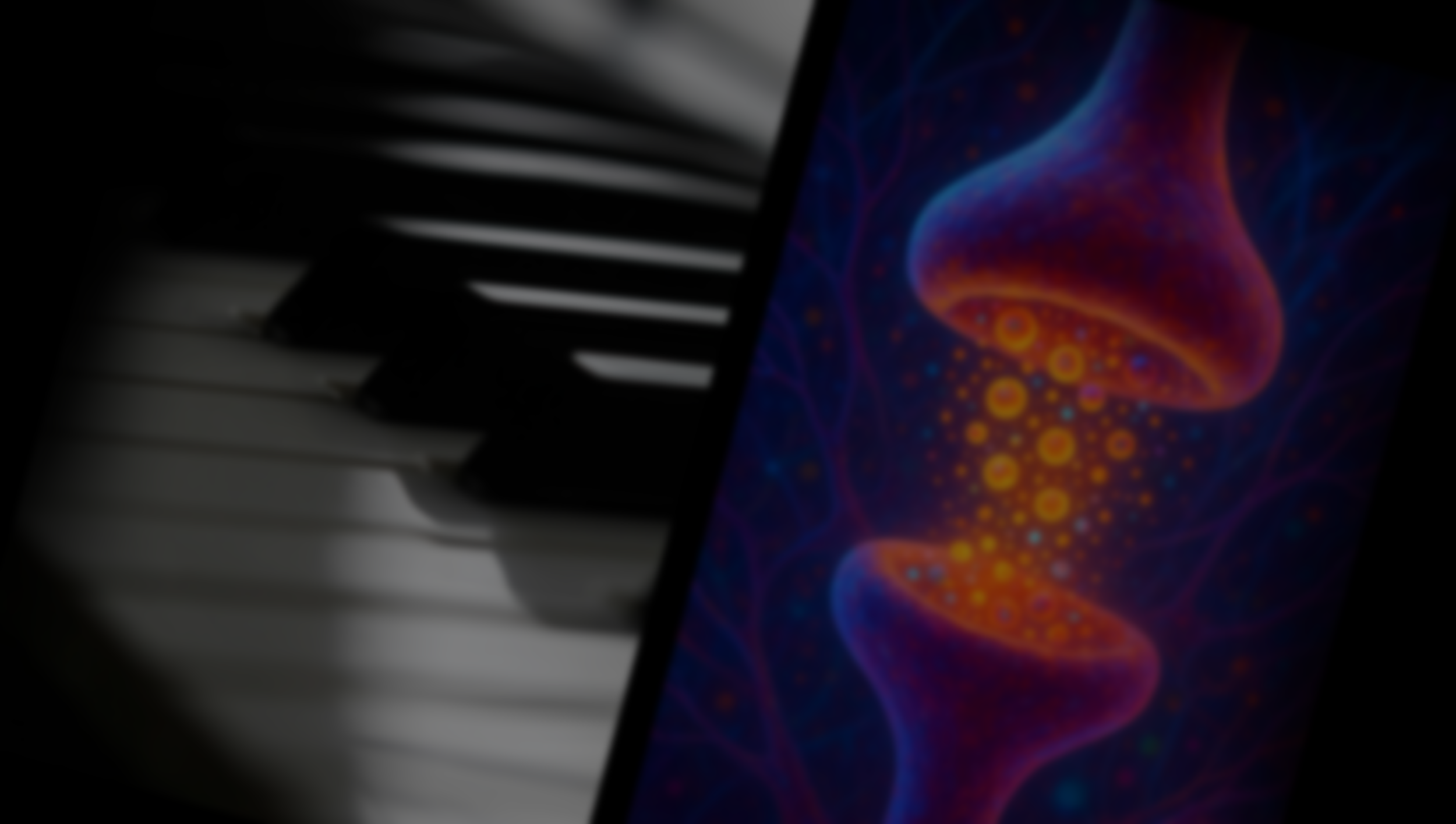
Music & Neuroscience
(Awe & Wonder Session 1, 2025)
How do creativity and artistry affect our minds? In this session, classical pianist Mia Chung-Yee and neuroscientist Larry Sherman taught the ordinary and extraordinary ways that music literally rewires our brains.

Beauty and Formation through the Lens of Rembrandt
(Awe & Wonder Session 2, 2025)
For MIT students in 2025, a seventeenth-century Dutch painter may be an unexpected source of wisdom. Dr. Karen E. Bohlin guided students to glean practical wisdom — everyday tools for discernment and growth — through the lens of Rembrandt’s extraordinary paintings.
Science, Technology, and Ethics in the Real World (IAP 2023-2024)
MIT is a literally world-changing institution, equipping its students, faculty, and alumni to innovate in science and technology for a better future. But what sort of future should we be building?
In this mini-course, participants explored case studies for thinking about what sorts of technologies we should be building, asking questions of meaning, purpose, and ultimate goals. In addition to learning about both religious and secular ethical frameworks, participants discussed real-world case studies of ethical dilemmas faced by the MIT community. Participants learned about and discussed the complex economic incentives that make ethical choices in industry so difficult, addressing what happens when your hopes and dreams collide with the realities of the job market.
Past topics have included:
What MIT didn’t teach you: an alumni panel exploring everyday ethics and human flourishing in technological industry (with Ted Leung, Ernie Prabhakar, Angie Du, Marcus Gibson)
Climate science (with Dorothy Boorse, Professor of Biology at Gordon College)
Bioethics (with Praveen Sethupathy, Professor of Physiological Genomics at Cornell University)
Artificial Intelligence (with Ehi Nosakhare (MIT PhD ‘18), Senior Data and Applied Science Manager at Microsoft)

